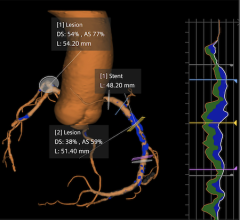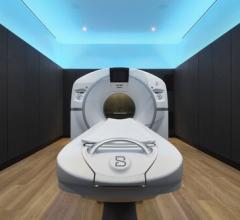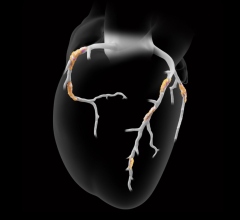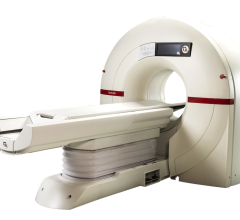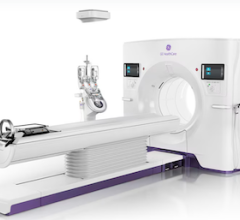
March 12, 2014 — Houston Healthcare is putting patient safety first by offering low dose computed tomography (CT) exams with the industry’s best solutions and a comprehensive dose management approach from Toshiba America Medical Systems Inc. Working in partnership with Toshiba, Houston Healthcare has implemented the PROTECT program, resulting in the lowest possible dose without compromising diagnostic image quality.
“Technology upgrades through Toshiba’s VeloCT program, such as AIDR 3D, have been imperative to achieving dose levels significantly lower than the standards set by the American College of Radiology,” said Tim Sisco, director of cardiovascular and imaging services, Houston Healthcare. “Toshiba has developed a program, PROTECT, that is easy to implement, working with our technologists and dose committee every step of the way to ensure we obtain the best image quality at the lowest possible dose.”
With AIDR 3D and the PROTECT partnership program, Houston Healthcare has achieved tremendous dose savings. Clinicians saw a 65 percent reduction in routine abdomen/pelvis exams, a 59 percent dose reduction in routine chest exams and a 7 percent reduction in routine head procedures. Houston Healthcare uses three Aquilion 64s and an Aquilion Prime from Toshiba, utilized for all general CT exams including head, abdomen, pelvis and chest.
Houston Healthcare has also developed a dose reduction committee with Toshiba’s strategic partner Phoenix Technology Corp. Through the partnership, Houston Healthcare can identify and track dose data while quantifying the differences and levels it is achieving.
For more information:www.medical.toshiba.com

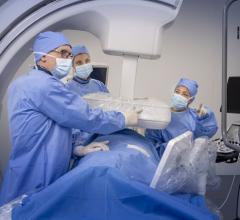
 February 02, 2026
February 02, 2026 

